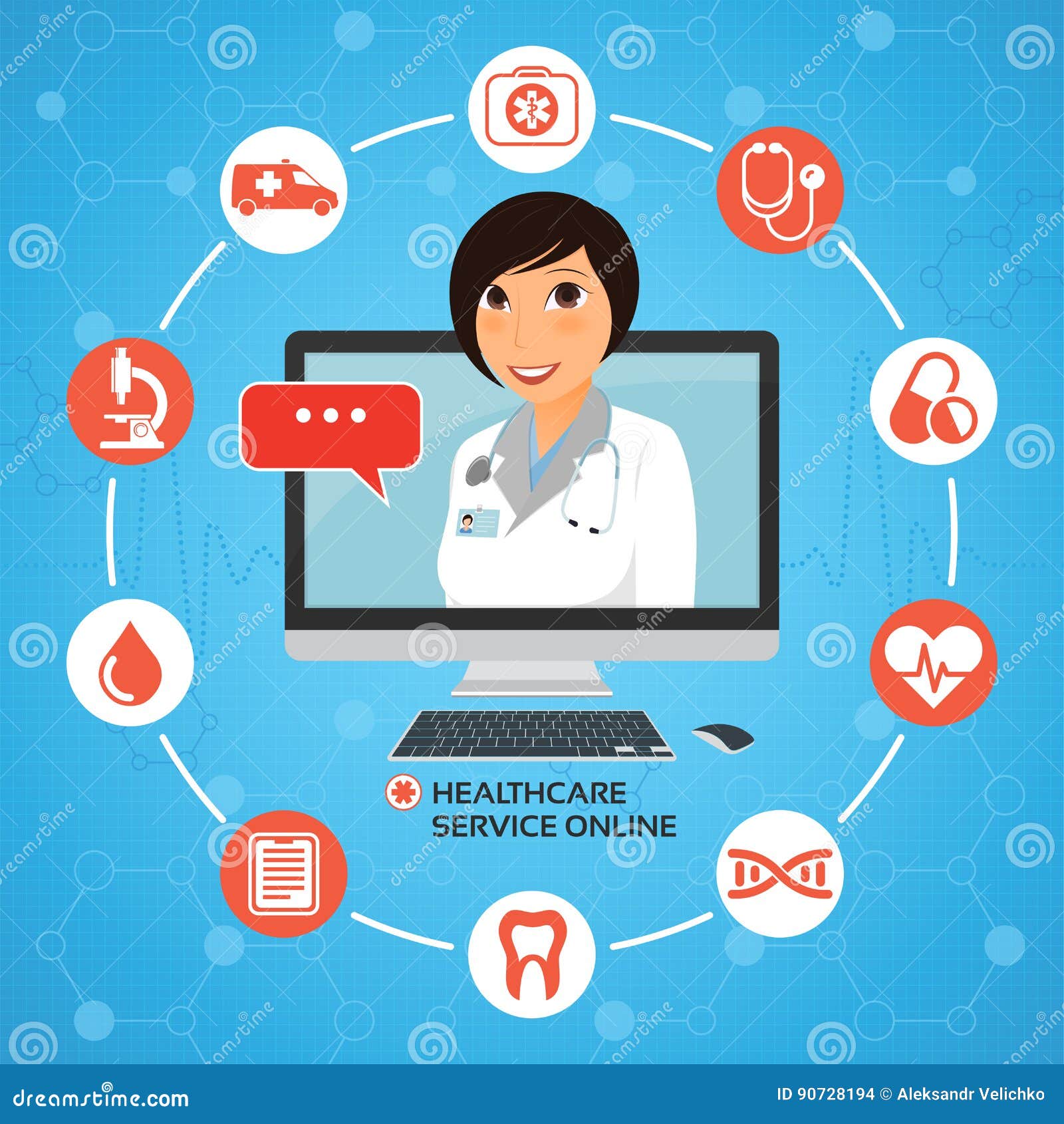Why Subscription Based Healthcare is Getting Appeal Among Patients Today
Why Subscription Based Healthcare is Getting Appeal Among Patients Today
Blog Article
Navigating the Future of Medicine With Subscription-Based Medical Care Solutions
As the health care market develops, subscription-based solutions emerge as a critical design promising to reshape patient care shipment. With the prospective to use streamlined, affordable remedies through foreseeable pricing and individualized interest, these services stand at the center of modern-day medical innovation. Yet, as we consider their surge, one must ponder the implications of incorporating such systems right into existing medical care structures. What challenges do they present in regards to information safety and security and equitable gain access to, and exactly how might they redefine the patient-provider relationship? The solutions to these questions can fundamentally modify our method to healthcare.
Rise of Registration Health Care
As health care systems worldwide face enhancing pressures from rising prices and need for solutions, the arrival of subscription-based healthcare versions has arised as a transformative fad. This cutting-edge method is interfering with typical health care shipment by using a predictable, flat-rate payment framework for clinical solutions. Rooted in the principles of concierge medication, subscription-based health care enables companies to concentrate on tailored patient care while simultaneously managing operational efficiencies.
The increase of this design can be associated to a number of variables. Technical improvements have actually allowed more smooth combination of care via telehealth and digital wellness records, facilitating the scalability of subscription solutions. The boosting consumer demand for openness and predictability in health care costs has actually driven the change in the direction of this design. Subscription-based services often supply direct accessibility to medical care experts, which can decrease the management burdens connected with insurance coverage claims and reimbursements (subscription based healthcare).
This version is getting traction among varied medical care carriers, from main treatment doctors to specialized clinics, by lining up monetary incentives with precautionary and continuous treatment. By moving the emphasis from volume to value-based care, registration health care has the potential to improve the landscape, cultivating a more lasting and patient-centered strategy to wellness administration.
Benefits for Individuals

In addition, subscription-based solutions often stress preventative treatment, motivating routine examinations and health and wellness testings. This positive strategy can cause very early discovery of health and wellness problems, potentially boosting outcomes and reducing long-term healthcare costs for individuals. In addition, such designs generally provide transparent rates, allowing patients to much better recognize their medical care costs and prevent unforeseen medical bills.
The individualized nature of subscription-based medical care likewise improves person experience. People can get tailored healthcare strategies that fit their particular needs, cultivating a much more patient-centric approach. This customization can cause improved person contentment and adherence to treatment plans. Additionally, registration services frequently incorporate wellness programs, sustaining individuals in maintaining general health and well-being. Inevitably, these benefits jointly add to an extra efficient, economical, and patient-friendly medical care experience.
Modern technology's Role in Transformation

Expert system (AI) plays an essential function in anticipating analytics, assisting in early medical diagnosis and customized treatment strategies. AI algorithms examine vast datasets to identify patterns that may be overlooked by human monitoring, hence enhancing clinical decision-making. Furthermore, electronic health and wellness documents (EHRs) enhance client info management, making sure continuity and comprehensibility of treatment throughout numerous solutions and carriers.
Blockchain modern technology boosts data security and personal privacy, essential for keeping patient count on digital platforms. It makes it possible for transparent and secure purchases of medical data, making sure that sensitive details remains secured. With the integration of maker learning and AI, blockchain can automate intricate healthcare processes, lowering administrative concerns.
Obstacles and Factors To Consider
While modern technology moves the abilities of subscription-based medical care services, it likewise presents a set of obstacles and considerations that need to be dealt with to make certain wikipedia reference successful execution. One considerable challenge is the fair access of these services.
Data personal privacy and safety and security stand for one more essential consideration. Subscription-based solutions typically entail the collection and storage space of substantial quantities of personal health and wellness info. Providers should stick to rigorous information security guidelines to maintain client depend on and avoid unauthorized access, which might cause substantial honest and lawful repercussions.
Additionally, the sustainability of subscription versions postures an obstacle. As healthcare requires evolve, maintaining an economical balance in between registration charges and service top quality is important to avoid patient dissatisfaction and attrition. In addition, incorporating these solutions within typical health care systems requires seamless interoperability in between systems, which is commonly a facility and resource-intensive undertaking. Attending to these challenges is vital as subscription-based medical care solutions remain to expand and advance.
Future Effects for Medicine
Subscription-based health care solutions are positioned to considerably influence the future landscape of medicine by improving how care is accessed and delivered. These models supply the prospective to equalize medical care gain access to, supplying clients with more individualized and prompt treatments. By leveraging technology, such as telemedicine and information analytics, subscription services can assist in continual tracking and tailored health and wellness management, thus boosting outcomes and reducing the problem on standard health care systems.
As these solutions gain grip, they can promote a change towards preventative treatment, stressing the significance of early discovery and monitoring of persistent problems. This proactive technique may inevitably lower health care expenses by minimizing the need for expensive therapies arising from late-stage condition monitoring. Registration models offer a scalable remedy to attend to variations in health care accessibility, especially in underserved or rural populaces.
Nevertheless, the change in the direction of subscription-based versions requires addressing ethical and governing considerations, including data personal privacy and fair accessibility. As the market advances, collaborative initiatives in between policymakers, modern technology designers, and medical care service providers will be vital to establishing durable structures that protect client interests while promoting technology. Ultimately, these solutions assure to add dramatically to a much more efficient, patient-centered medical care environment.

Final Thought
Subscription-based medical care services stand for a substantial evolution in the clinical field, providing predictable expenses and individualized care that enhance access and focus on preventive actions. Technological innovations, such as telemedicine and AI-driven analytics, facilitate tailored individual experiences, improving total health and wellness outcomes. Difficulties such as information privacy and fair gain access to must be addressed to make certain the prevalent benefits of these solutions. As the health care landscape advances, subscription models are poised to play an important role fit the future of medication.
As the health care sector evolves, subscription-based solutions emerge as a pivotal version assuring to improve person treatment distribution.As healthcare systems around the globe face weblink raising pressures from rising costs and need for services, the introduction of subscription-based health care versions has arised as a transformative fad (subscription based healthcare).With the increase of subscription-based health care versions improving traditional health care shipment, patients are starting to experience significant advantages from this cutting-edge approach. As health care requires develop, maintaining an affordable equilibrium in between registration fees and service top quality is important to stop person frustration and attrition.Subscription-based healthcare services are positioned to considerably influence the future landscape of medication by improving just how treatment is accessed and supplied
Report this page